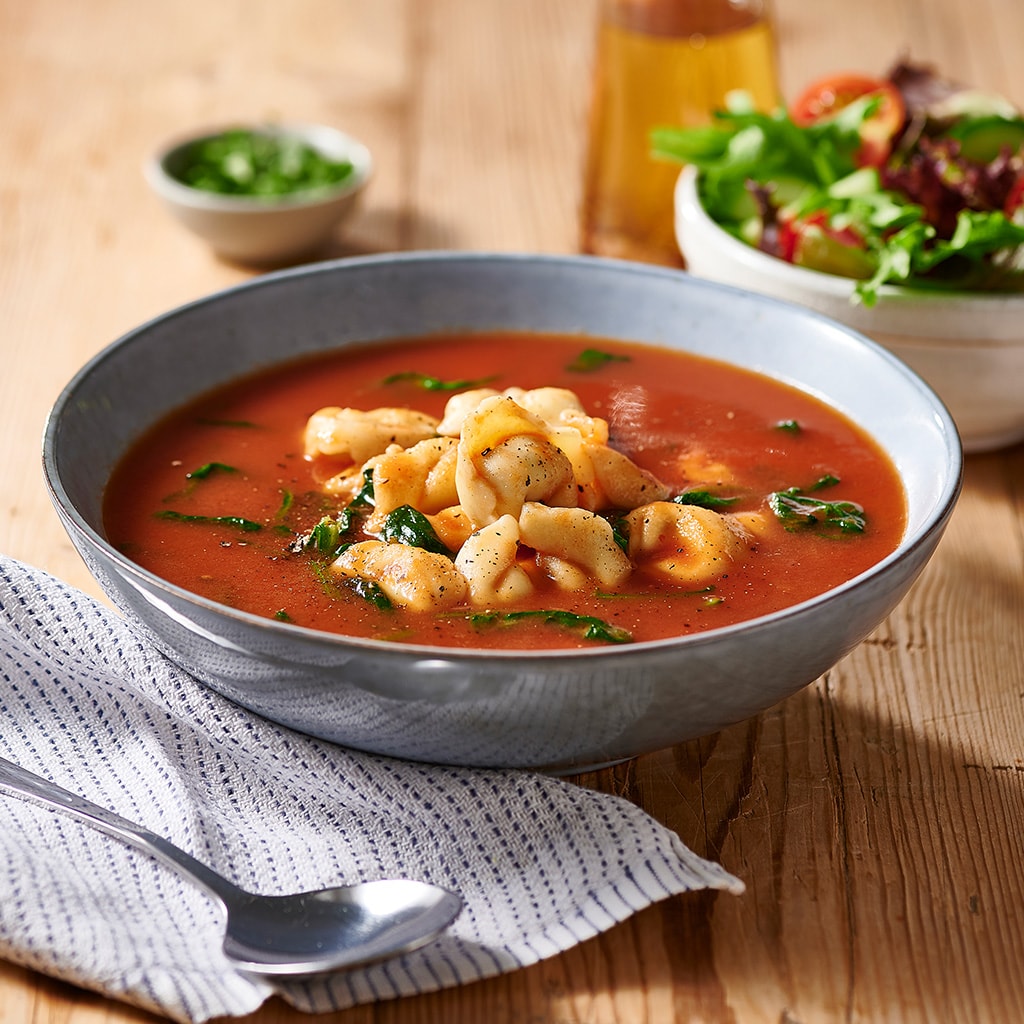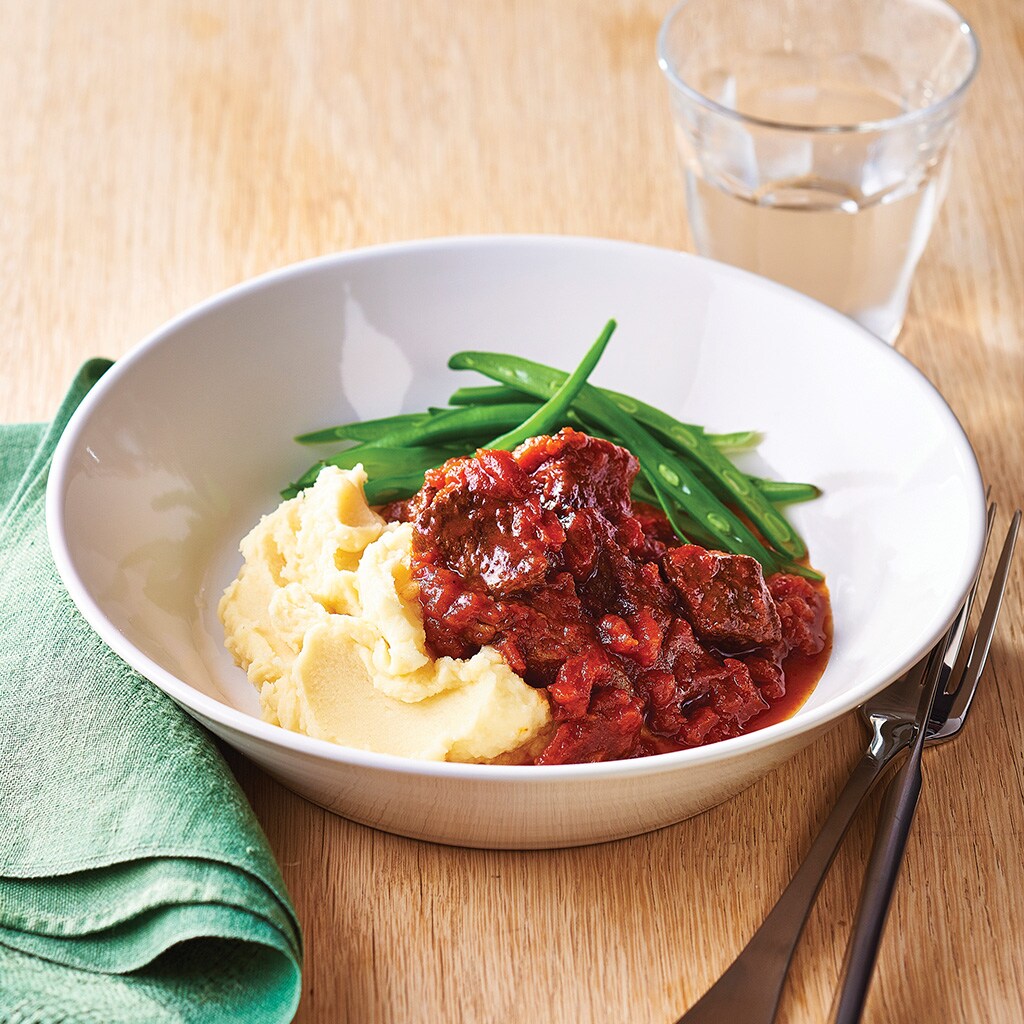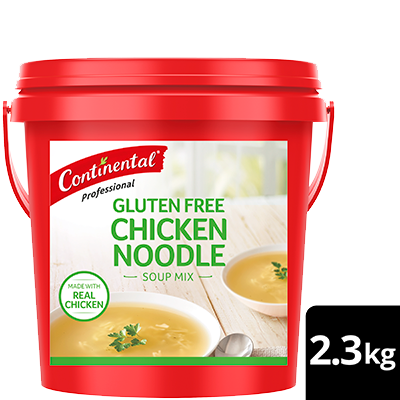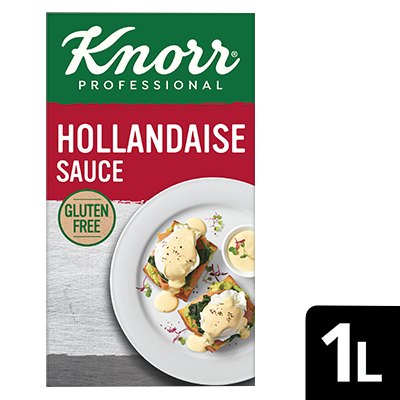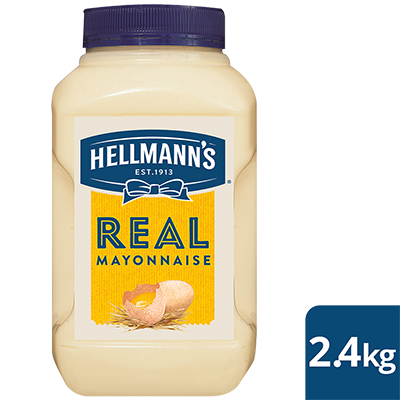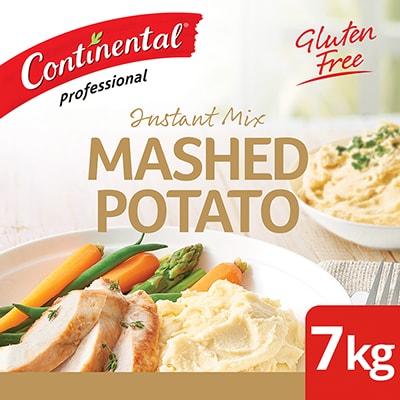Posted on Thursday, 21ˢᵗ June, 2022
A Procurement Australia seminar attended by Unilever Food Solutions focused on practical tips and meal strategies, aged care chefs can implement to support weight gain and well-being for frail residents.
Comprehensive studies on malnutrition in aged care have not been conducted for over a decade, but anecdotal evidence suggests more than 50% of aged care residents over the age of 70 arrive already in a low weight category. This is often due to people not seeking, or not being able to seek help soon enough or that their carers have not caught the early signs of weight loss.
Presenters Dr Karen Abbey, Professor Sandra Carpra, and Rachel Schultz (from the Royal Freemasons Benevolent Institution) all agreed that meals designed to maximise weight gain and give energy can help restore well-being and keep residents healthy.
The presenters defined key areas where chefs and food service teams can easily make a big difference to their residents’ food intake, energy levels and weight gain or maintenance.
Understanding why residents are not maintaining a healthy weight
There are many reasons why elderly people lose weight. Identifying why, helps aged care chefs and food service teams tailor meals and mealtimes to help increase food intake.
For example:
A change in environment
Often when residents arrive and are settling into a new environment, their appetite will drop as they may be upset, disoriented or yearning for familiar surroundings.
Signs to watch for: low social engagement, lack of interest in food offered, lack of interest in eating.
The onset of dementia
The onset of dementia can not only trigger a loss of appetite but can also see the resident using more energy as they become restless and agitated.
Signs to watch for: inability to sit, a sudden aversion to certain foods, not knowing what a dish is from visual cues.
Undetected dental issues
Dental issues are often not picked up on quickly, particularly if a person already has Alzheimer's or dementia and is not able to communicate easily.
Signs to watch for: disinterest in mealtimes, unfinished food on the plate, particularly harder-to-chew foods, not chewing food sufficiently.
Focus on high energy, high protein foods (HEHP diets)

Incorporating HEHP foods into menus is relatively simple. According to Dr Karen Abbey, sometimes meals like fatty fried foods and dairy foods can really make the difference to people’s energy and protein levels.
She goes on to suggest that if someone is malnourished, and enjoying a particular food, offer more of the same to keep them eating, and once the intake has improved, offer a wider variety of foods. It’s important to make meals nourishing and ensure they are eaten. Using high energy and protein food strategies is a great way to help those who need additional nutritional support.
Designing mealtimes and menus for frail residents
Once the reasons why a resident is not maintaining their optimal weight are established, food and mealtime experiences can be tailored to accommodate specific needs.
For example: the onset of dementia can dramatically affect a person's appetite. Not only are they less inclined to eat, but they are also often agitated and burn a lot of energy with constant movement. Making sure they always have access to food which can be eaten ‘on-the-go’ is essential to help them stay healthy.
The rules for aged care are different
Nutritional guidelines and advice for the general public are often the opposite of what is needed for the elderly and frail. According to the experts at the seminar. People who are struggling to reach and maintain a healthy weight may need fried, fatty and protein heavy foods to help boost energy levels and achieve weight gain.
Helping people increase energy levels also helps develop a healthy appetite, enjoyment of food and mealtimes which in turn helps people gain and keep weight on.
View the updated Government Health Department food and nutrition Aged Care guidelines here.

Disclaimer: The content of this article is created for inspiration purposes only. It is not intended as clinical, medical or nutritional advice.



